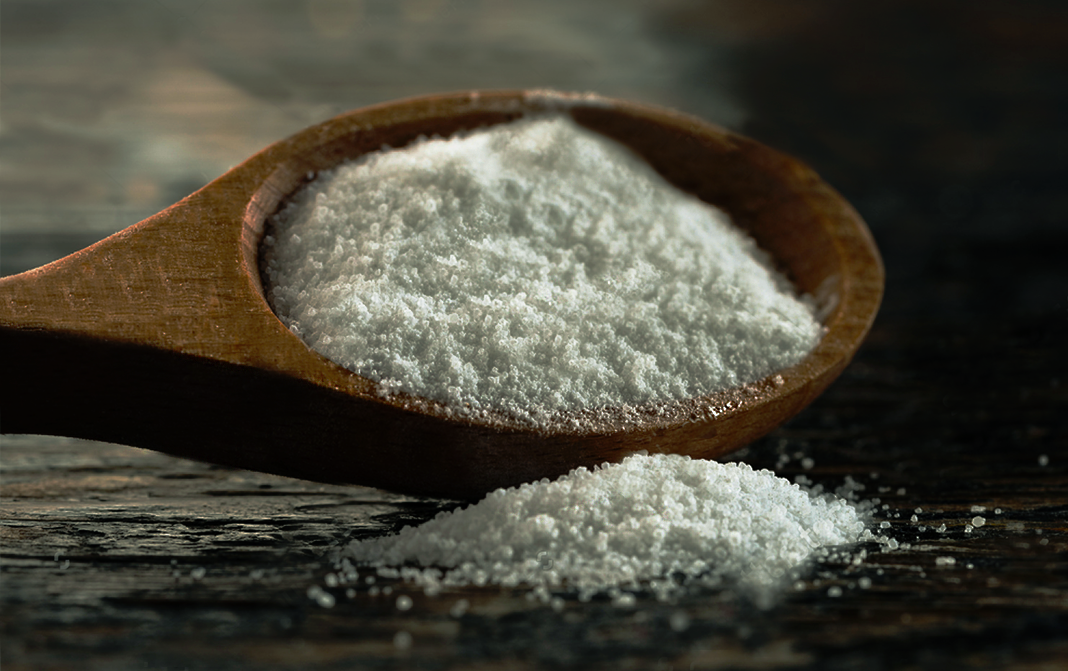


Antioxidant ( E310) is considered highly risky for infants and young children as it may cause blood disorders. Its consumption in adults may lead to gastric disturbances and skin irritation.(1) It may lead to kidney and liver damage and may also cause allergy resulting in difficulty in breathing.(2)
- Disclaimer
"Information here is provided for discussion and educational purposes only. It is not intended as medical advice or product or ingredient review/rating. The information may not apply to you and before you use or take any action, you should contact the manufacturer, seller, medical, dietary, fitness or other professional. If you utilize any information provided here, you do so at your own risk and you waive any right against Culinary Communications Private Limited, its affiliates, officers, directors, employees or representatives.”
Description
Antioxidant ( E310) is a food additive which plays the role of an antioxidant in fatty food and drink products to prevent them from going rancid. It mainly protects against oxidation in food caused by free radicals. It is a synthetic compound produced by the esterification (production of an ester by combining alcohol and acid) of gallic acid, resulting in the formation of antioxidants ( E310). It is a white to creamy white, crystalline substance. Its drawback is that it becomes unstable at high temperatures, thus limiting its use in food and drink products.